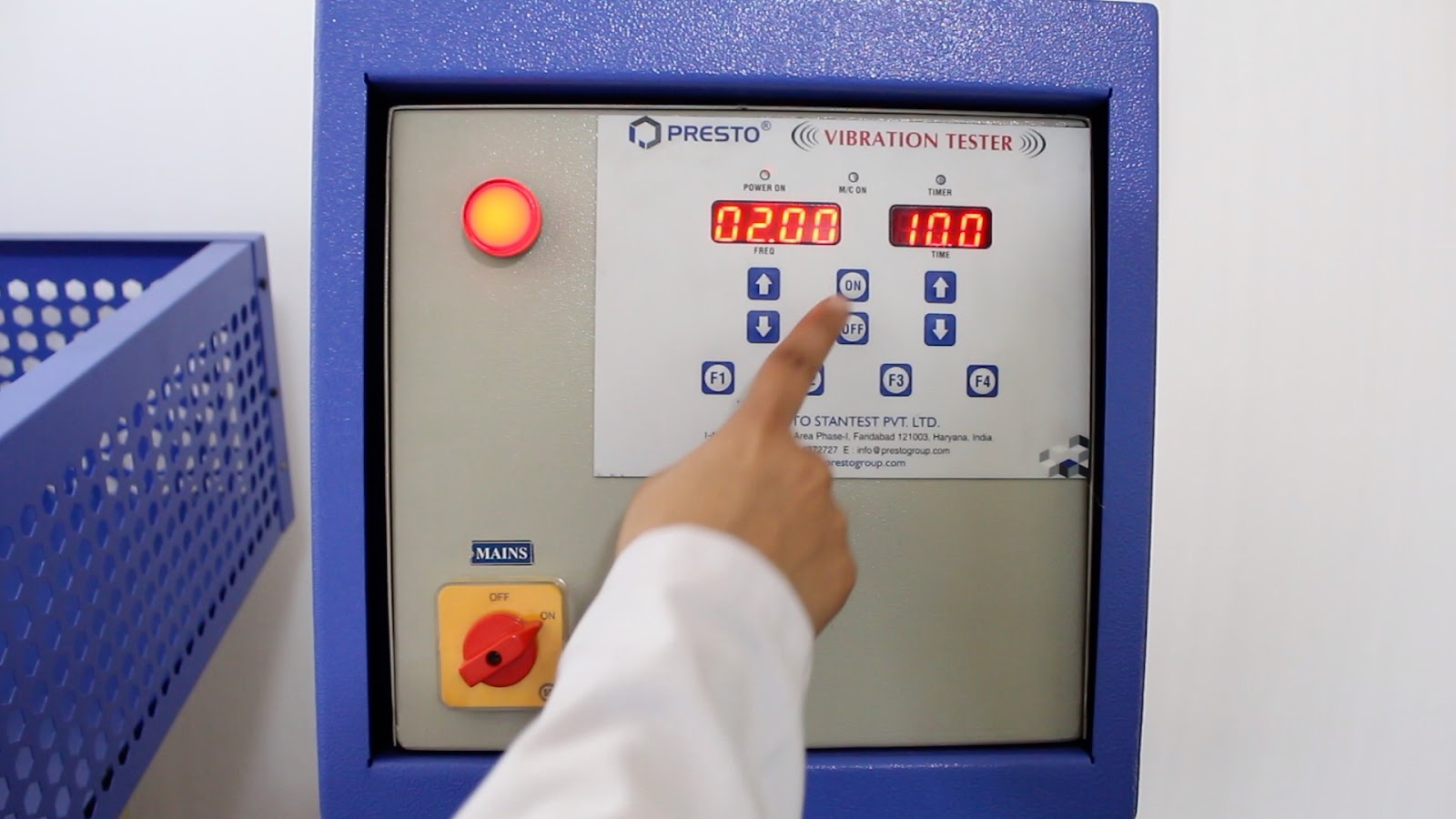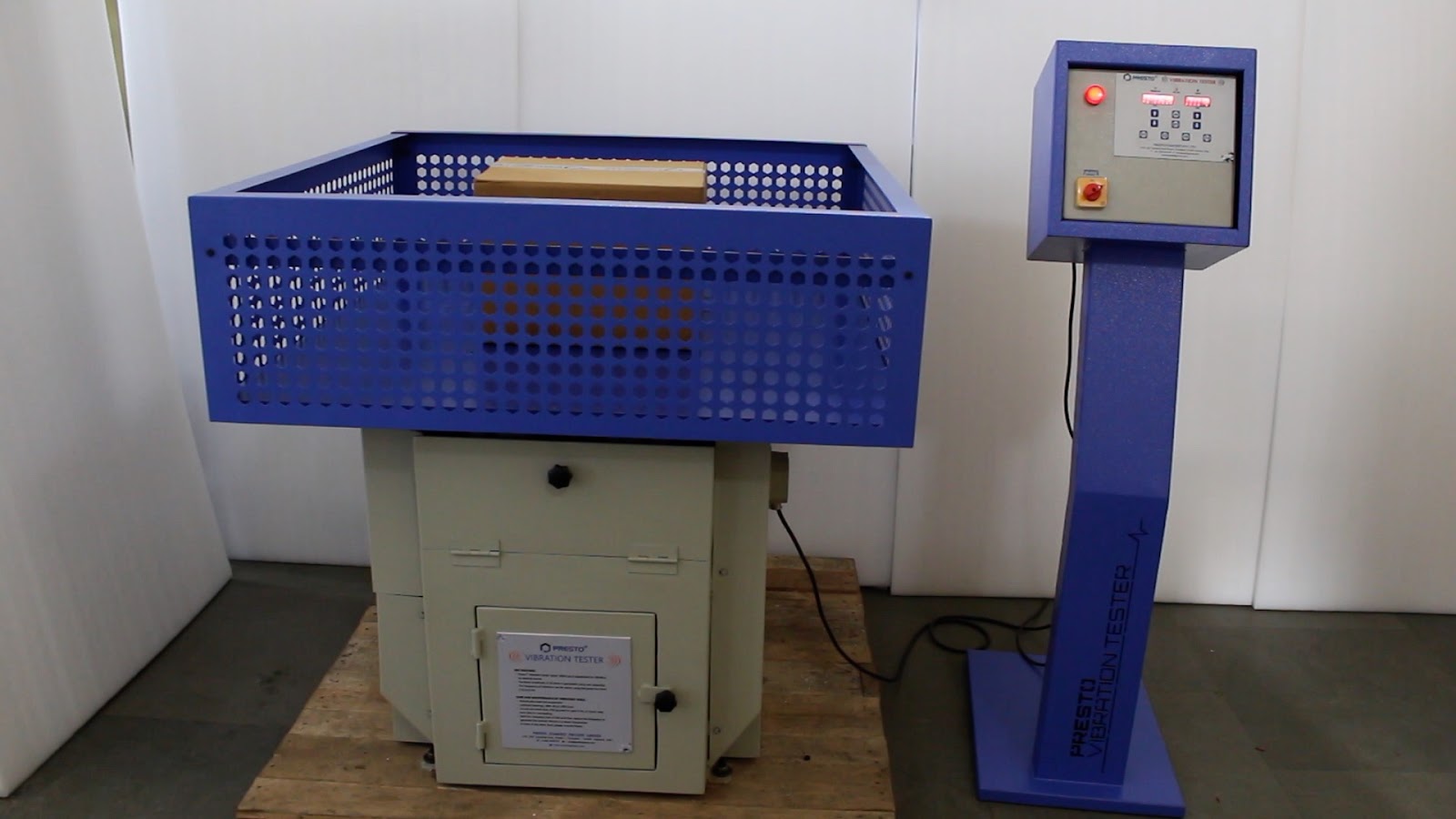Fast production processes and quality issues he would have to grapple with may include the durability and reliability of his products regardless of the conditions. Effective testing for strength is especially essential during transport and use since his products must be vibrated in transit and use. Without this kind of testing, companies are likely to end up producing inferior goods, which means customers will be very unhappy and subsequently incur losses. Fortunately, there is a solution: a vibration table is the necessary device for testing product resilience.

Choose a good vibration table manufacturer
How to know who is a good vibration table manufacturer?
-
Reputation and Experience: The better the reputation in the market, the more credible the manufacturers. Find out how long they have been in business and their experience with vibration tables.
-
Customer Reviews and Testimonials: Look at the reviews by other customers. Positive reviews may work as a guide to reliability and quality.
-
Quality Standards: Find out if the manufacturers are following applicable industry standards and certifications (like ISO).
-
Customization Options: A good manufacturer should provide customization according to one's specific requirements pertaining to size, load capacity or application.
-
Technical Support and Service: Check the customer service and technical assistance they provide. This is an essential requirement for maintenance and troubleshooting.
-
Industry Applications: Ensure that the manufacturer has experience in the precise application wherein you plan to use your vibration table to test, compact, or in some other manner.
Doing proper research and comparing more options can really help find the right vibration Table manufacturer.
Technical Details of Vibration Tables
The technical specifications of vibration tables provide industrialists with the information necessary to make appropriate buying decisions. The major specifications that are put on highlight the capability of a vibration table include the following:
-
Maximum Load Capacity: 100 Kg
-
Display: LED (Digital)
-
Table Size: 1000 * 1000 mm
-
Amplitude: 25 mm peak-to-peak
-
Power: 220V, Single Phase, 50 Hz
-
Frequency: 2Hz to 6Hz
Testing model:
-
Vertical synchronous
-
Vertical asynchronous
-
Swivel synchronous
-
Swivel asynchronous
-
Angle in Swivel Model: 0º, 30º, 60º, 90º
-
Timer: Up to 99.9 min or 99.9 hrs
 Transformation of Business Operation: Value Proposition
Transformation of Business Operation: Value Proposition
Investment in a vibration table will save a lot of money and make the operation very efficient. Here are the ways:
1. Cost Savings
In-house testing through vibration tables can help save up to 30% of the expense by third-party testing. For example, if third-party testing costs a company INR 1,00,000 every year, it can save approximately INR 30,000 yearly if it has an in-house solution.
2. Time Savings
Vibration tables allow testing to be done rapidly. This has saved time-consuming costs in the process of quality control. Production times can be cut by as much as 20%. As such, products hit the markets more quickly. What would otherwise take 6 months to come up might take only 4.8 months for the same product through a vibration table.
3. Optimization of Resources
It saves their precious resources by allowing them to perform the tests in-house. With this change, it is also achievable with a 15% cost-saving on the labour costs for quality control. Assuming an annual cost of INR 10,00,000 for the quality assurance team for a company, it saves INR 1,50,000.
This means that investing in a vibration table is not only an operational but also a strategic move that can generate important savings in financial and resource terms. Doing it in-house empowers businesses to enhance product quality, speed up time-to-market in development timelines, and thus lead to higher degrees of customer satisfaction.
FAQs
Q1: What are the uses of a Vibration Table?
A: The vibration table is used in order to simulate the conditions under which products will experience during transportation and usage. It is used to test the durability and reliability of products.
Q2: Vibration table price in India
A: The Vibration table price in India depends on many factors like specifications or model numbers but on average, this starts from INR 70,000 to INR 2,00,000 for specifications and features.
Q3: Who are the major manufacturers of vibration tables?
A: Presto is one of the most popular vibration table manufacturers. Presto has a wide product range with quality, and it offers various innovative testing solutions.
Q4: How is money conserved by vibration tables?
A: In-house testing using a vibration table would allow reductions in outsourcing, and labor costs and speed up the product development cycle.
Q5: What are the basic specifications of a vibration table?
A: Basic specifications will encompass a range of frequency, amplitude control, load capacity, and adherence to test standards.
Change your game in testing products. Now take a look at our vibration table range and first step into an efficient and profitable business today.
Only through the stark impact of vibration tables on your operations can you make an informed business decision that will take you to the next level in business. Invest in quality today.
Phone: +91-9210 903 903
Mail: info@prestogroup.com
